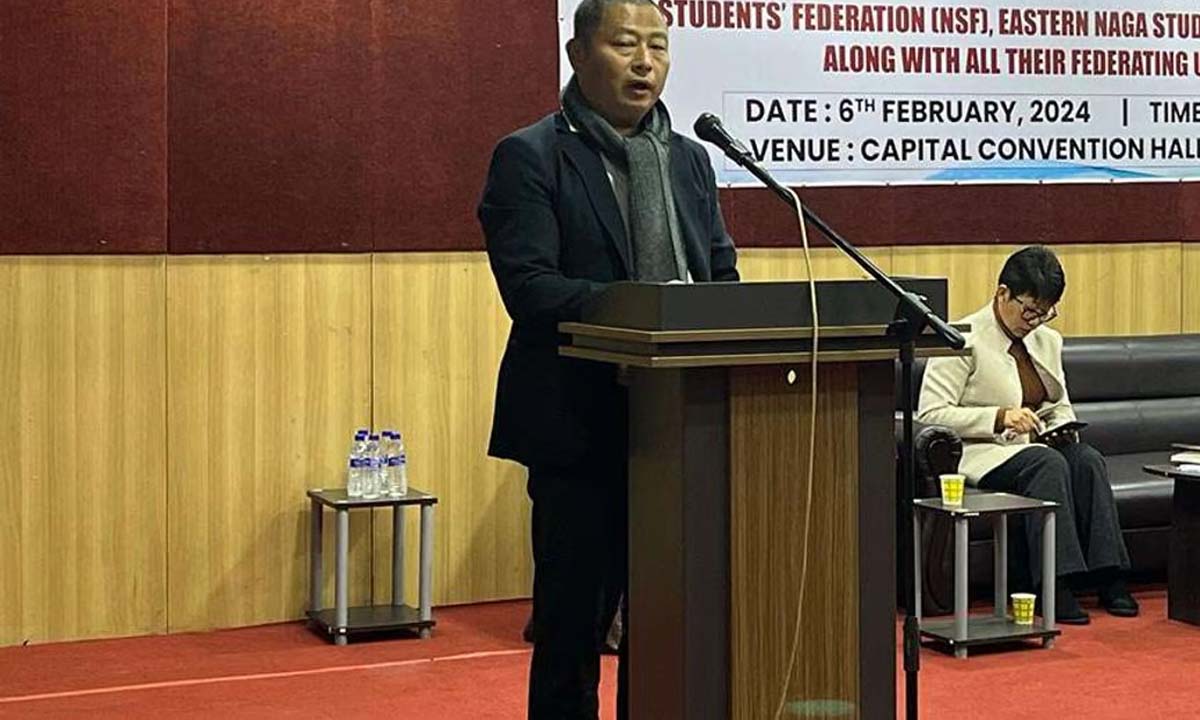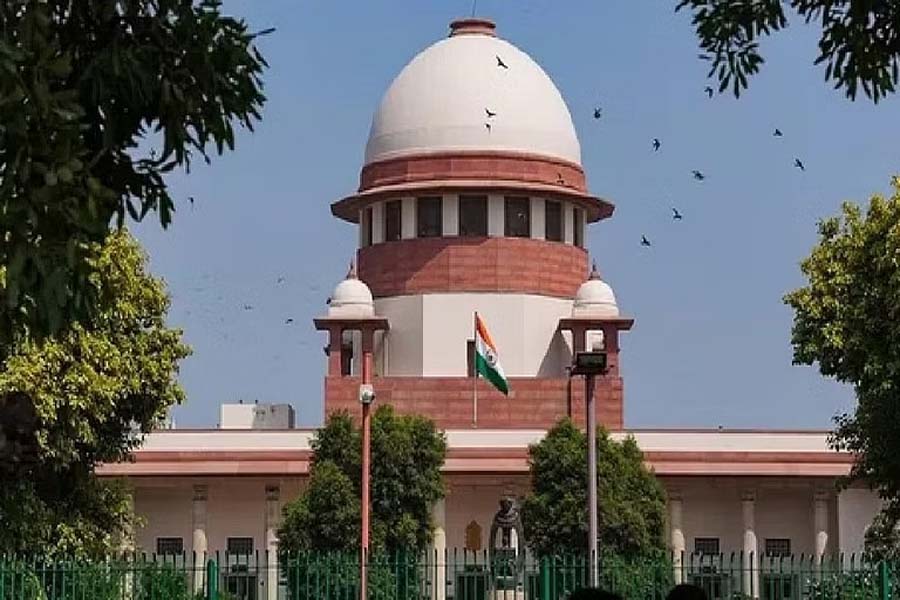60% government schools collapse in the state, immediate measures needed

Dimapur: In a recent meeting organized by the Department of School Education (DOSE), Dr. Kekharielhouli Yohom, Advisor, School Education and SCERT, revealed shocking statistics about the condition of government schools. About 60% of these institutions are on the verge of collapse, raising serious concerns about the viability of the education system.
Dr. Yohom stressed the need for collective effort to deal with the impending crisis. Assuring support from the School Education Department in terms of teachers and improving infrastructure, he stressed the importance of collaboration with NGOs for more effective results. He revealed that Nagaland currently has the highest school dropout rate, with linguistic barriers identified as a major contributing factor. To deal with this problem, he advocated the inclusion of local languages in the education system.
Highlighting the roles of the Church, community and unions in shaping a better future for students, Dr. Yohom indicated the Department’s readiness to address challenges such as teacher recruitment and student enrolment. He said that the recruitment process will be streamlined through Nagaland Public Service Commission (NPSC) and Nagaland Staff Selection Board (NSSB).
Acknowledging the public misconception that schools are primarily for employment, Dr. Yome urged a change in perspective by emphasizing the role of education in building society. He expressed concern that the deteriorating condition of government schools is forcing parents to opt for private institutions, thereby increasing financial stress.
The advisor revealed plans to improve the quality of primary education by recruiting skilled teachers, streamlining systems and focusing on school development. Additionally, he suggested introducing student health cards and vaccination measures to prioritize the well-being of students.
In response to concerns raised by student unions, Commissioner and Secretary Kevilnuo Angami stressed the need for the rationalization exercise. Acknowledging that these issues would take time to address, he expressed hope that the initiative would yield positive results. Representatives of various student organizations expressed their concerns and Dr. Yome assured personal attention to the issues raised during the consultative meeting.





